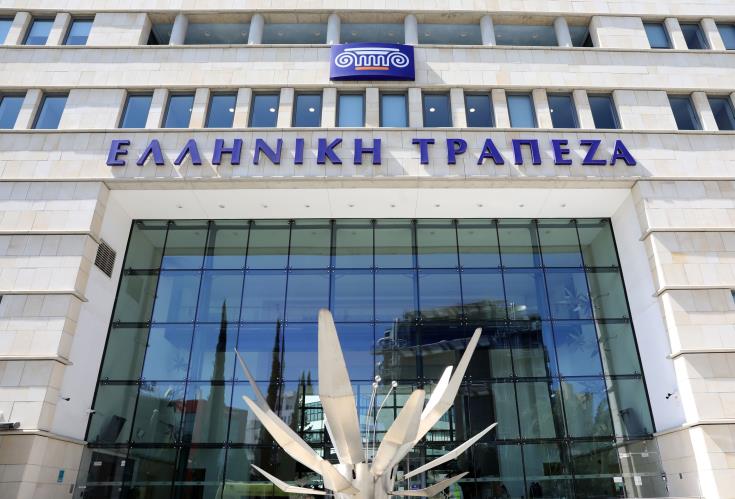House Plenum Rejects Presidential Referral on Police Appointment Law
In an unexpected turn of events, the House plenum has unanimously dismissed the president’s referral of a controversial law concerning police appointments. The legislation, initially crafted by Edek deputy Costis Efstathiou and passed on April 11, faced severe scrutiny for its constitutionality by the state’s legal service, prompting presidential intervention.
The contentious piece of legislation allows the chief of police to appoint ‘rescuers’ and ‘winch operators’ as specialist members of the force without adhering to standard recruitment protocols or educational prerequisites. These specialists could be promoted within the force, with only the justice and public order minister’s approval required, raising concerns about the potential for favoritism and irregular procedures.
Despite being an amended version of a 2021 law that the supreme court had already deemed unconstitutional, the revised law still harbored significant issues. During a House legal affairs committee meeting, a justice ministry representative highlighted the persistent unconstitutional elements, including contradictory provisions and the overreach of legislative authority into executive appointment powers.
The urgency with which the legislature convened an extraordinary plenum session to address this matter has been questioned. The focus on empowering the chief of police to appoint and promote specific roles within the force seems disproportionate to the actual impact such changes would have on law enforcement effectiveness or the battle against organized crime.
Critics argue that there is already a notable degree of favoritism within the police force, and this law would only serve to legitimize such practices. A more logical solution, seemingly overlooked by deputies, would be for the police to internally train officers for specialist roles like ‘winch operators’ and ‘rescuers,’ thereby eliminating the need to hire externally.
The insistence on pushing forward with this law has led to a standoff between the executive and legislative branches, with the supreme court’s time being consumed over what many consider a trivial issue. The expectation is that the executive will ultimately prevail in this legal contest, leaving many to wonder about the motivations behind such legislative efforts.






